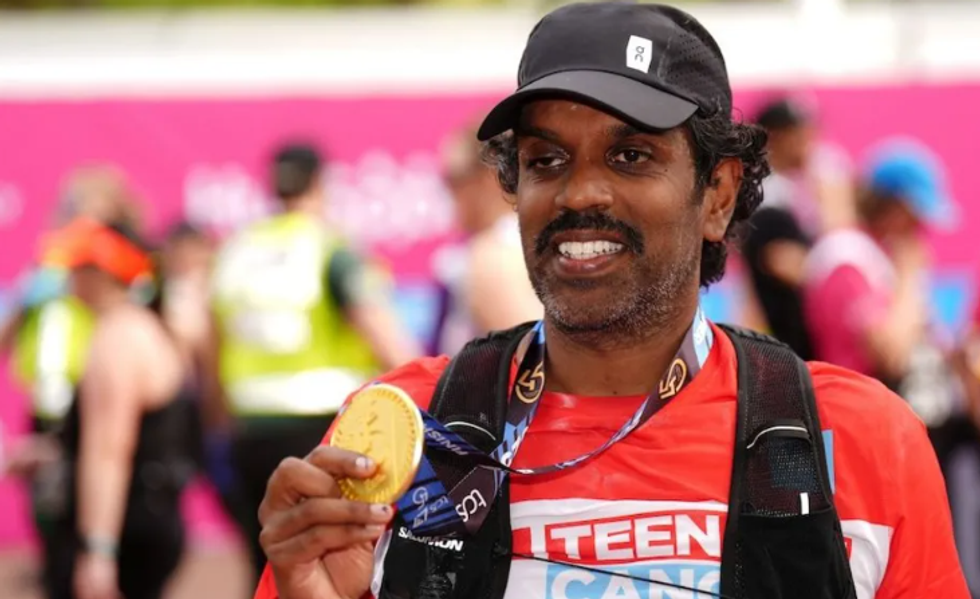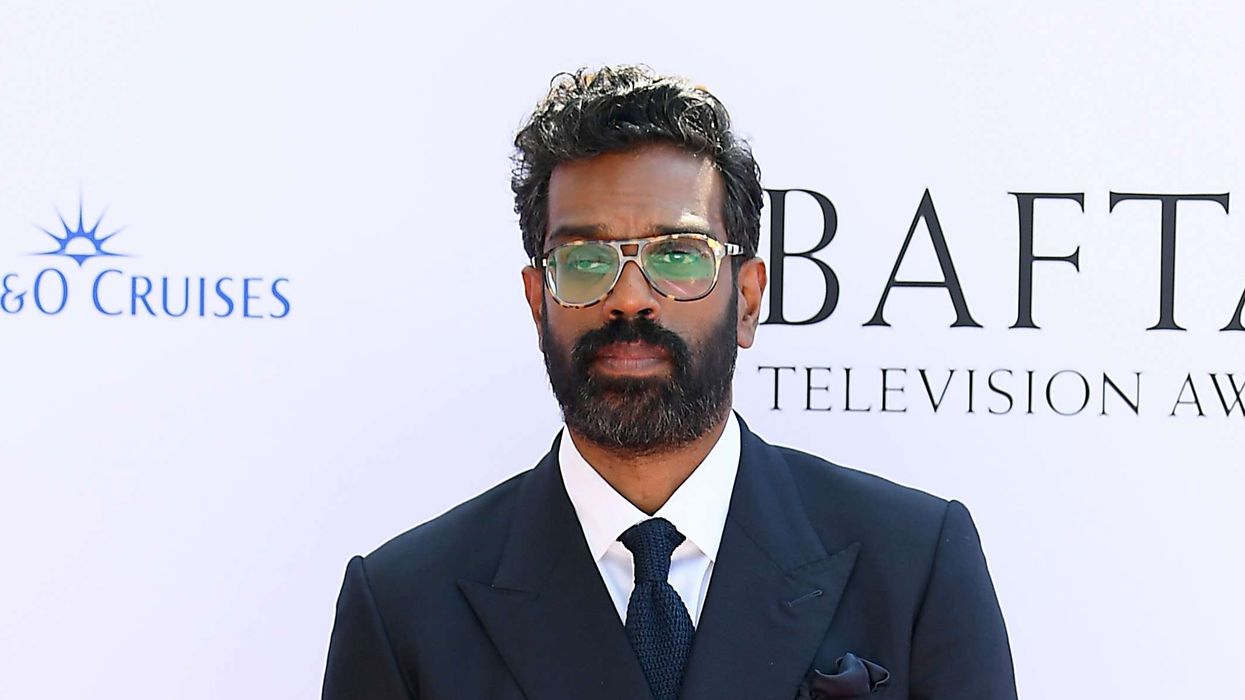Comedian and presenter Romesh Ranganathan has opened up about his long-term mental health challenges, describing how he has found effective ways to manage his wellbeing and now feels he is in “one of the best places I’ve ever been in my life”.
Speaking on BBC Radio 4’s Desert Island Discs, Ranganathan discussed experiencing suicidal thoughts in the past and the steps he has taken to improve his mental health. He also reflected on his Sri Lankan heritage, his upbringing, and the difficulties his family faced during his youth.
Managing mental health with daily routines
Ranganathan said he uses running, reading and breathing exercises to help maintain his mental wellbeing. These habits have become an important part of his routine.
“One of the things I’ve noticed when it comes to mental health is you do stuff that works… and then for some reason you just stop doing it,” he said. “You go, ‘Oh, I’ve done that every day for a week, I’m really feeling better, shall I just stop? Yeah!’ And then a few weeks later, wonder why I feel much worse.”
He described recognising when his mental health dips as “half the battle”, explaining that he is now better equipped to respond to difficult periods. “Sometimes I just go through a dark period and I know that I’ve got to do something about it,” he said.
Sharing mental health experiences responsibly
The 47-year-old broadcaster also reflected on the challenges of discussing mental health publicly, particularly when such conversations might affect others.
“You’ve got to be careful because it’s triggering [for other people],” he told presenter Lauren Laverne. “The way that I try and tackle that is to talk about it… I’m trying to destigmatise it to make the conversation normal.”

However, Ranganathan acknowledged the fine line involved in public disclosures. “You do also have to be mindful of the fact that people may have been affected by that,” he said. “You don’t always get it right, but I think the rewards outweigh the risks.”
He explained that, like physical illness, mental health should be something people feel able to talk about openly. But he also emphasised the importance of being sensitive to those who may have personal experiences with suicide or depression.
Personal losses and long-term challenges
Ranganathan revealed that his struggles with mental health date back to his teenage years. He recalled particularly difficult moments during his A-levels, when his father was imprisoned for fraud, and the wider financial difficulties the family faced at the time.
“I’ve been through in my life a number of periods of suicide ideation,” he said. Despite these challenges, he said he currently feels mentally strong and positive. “As I speak now, this is running close to one of the best places I’ve ever been in my life mentally.”
His father died in 2011, but Ranganathan continues to reflect on his parents' lives and the lasting impact they’ve had on him.
Honouring his mother’s strength
During the interview, Ranganathan spoke warmly about his mother, Shanthi, and described her as “one of my heroes”. He shared how his parents moved to the UK from Sri Lanka in 1970, eight years before he was born.
While his father embraced British culture, socialising and working, Ranganathan said his mother had a very different experience. “That’s a 19-year-old girl who had kids in a foreign country,” he said. “My dad was going off to work… my mum is at home and going to the shops, but… there’s a strong argument he should’ve implemented more boundaries than he did.”
He admitted that one of his biggest regrets is “not having enough empathy or understanding” of his mother’s situation when he was growing up.
Family challenges and early life
Ranganathan recalled a difficult period when he was 12, and his father lost his job and struggled financially. “He was trying to make money in his sort of Sri Lankan Del Boy way, and it wasn’t working out,” he said. “He couldn’t keep up the mortgage repayments on their house.”
His father was later arrested and sentenced to two years in prison for fraud, an event that deeply affected Ranganathan during his teenage years.
Despite these hardships, Ranganathan eventually found success in comedy in the early 2010s and has since become a household name in the UK. He now hosts a weekend show on BBC Radio 2 and has fronted numerous popular television programmes.
Music and reflections
As part of his Desert Island Discs appearance, Ranganathan selected songs from artists including Kanye West, Eminem, and Huey Lewis and the News. His musical choices reflected different stages of his life and emotional journey.
The interview provided a rare and honest glimpse into the comedian’s personal experiences and mental health journey, offering encouragement to others who may be facing similar struggles.





